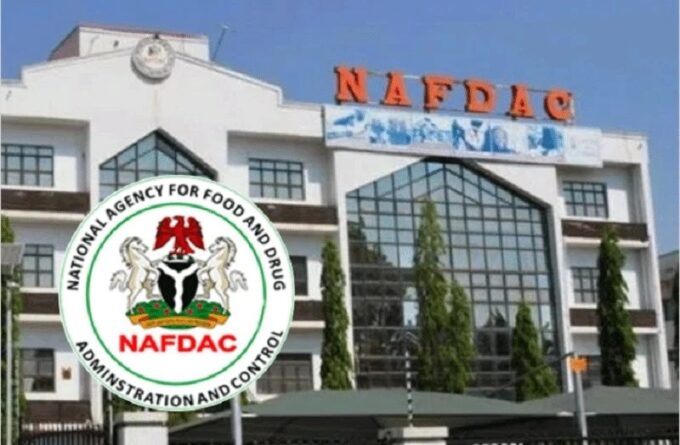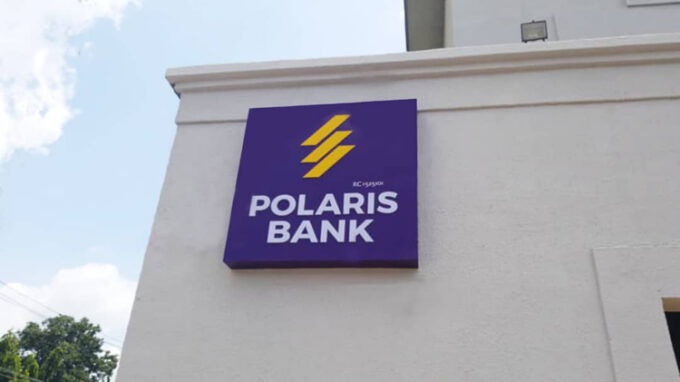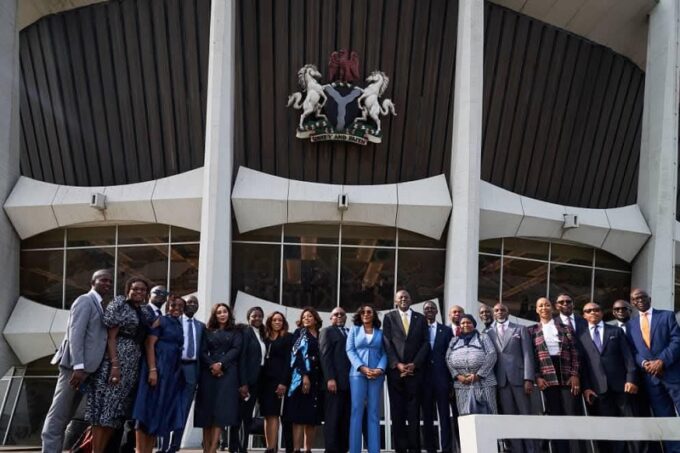By Chinelo Obogo
The new Insurance Industry Reform Act (NIIRA) 2025 has introduced big changes for Nigeria’s insurance sector. Non-life insurance companies must now have a bigger financial base, raised from N3 billion to N15 billion. The law also requires them to keep at least 20 per cent of aviation risks in Nigeria, while allowing up to 70 per cent to be reinsured abroad.
To protect customers, the period for settling claims has been cut from 90 days to 60 days and for aviation insurance, it could drop further to 45 days. Another major change is the creation of an Insurance Policyholders Protection Fund, which guarantees that people will still get their claims paid even if their insurance company goes bankrupt.
At the 5th CHINET Aviacargo Conference which held in Lagos this week, stakeholders in the insurance sector gave an indepth explanation of how the new Act will affect the aviation sector.
The Managing Director of AXA Mansard Insurance, Kunle Ahmed, revealed that at the moment, only about 40 per cent of Nigerian insurers are actively underwriting aviation due to the huge cost involved. Ahmed who is the 26th chairman of the Nigerian Insurers Association (NIA), said this high capital requirement means only well-capitalised and serious insurers can participate. “This is important because the bigger the capital of a company, the likelihood of the capacity of that company being enhanced, which means that we might be retaining a bit more of your risk locally,” he explained.
A study of the NIIRA 2025 shows that the Act has increased capital requirements for non-life insurance category from N3 billion to N15 billion which includes insurers writing aviation policies. Ahmed said this measure would improve local retention of aviation risks and reduce excessive dependence on international reinsurance markets. He cited an example of the challenges of recovering claims abroad, saying: “An airline suffered a loss in Nigeria. Nigerian insurance companies paid their own portion of the claim. It took us five years to recover from the international market. And I think we deserve a round of applause.”
Ahmed said aviation insurance remains one of the most tightly monitored in Nigeria, with oversight by the National Insurance Commission (NAICOM). “Everything that we do within the insurance space concerning aviation is properly monitored by NAICOM. The moment you write an aviation policy, you must inform the commission or the regulator. And like the commissioner said, you cannot reinsure out of the country without exhausting local capacity,” he stated. He also drew attention to new compliance obligations under Section 81 (1–5) of the Act which now makes it compulsory for aviation operators, including airlines, cargo handlers, and ancillary service providers, to submit valid insurance policies to NAICOM seven days before commencing operations.
More changes
The Deputy Commissioner (Technical) for NAICOM, Usman Jankara, who represented the Chief Executive Officer, Olusegun Omosehin at the event, said the NIRA Act will affect the Nigerian aviation sector in many ways. First is that there is now mandatory domestication of insurance. Jankara said the Act enforces domestication which requires that every asset (like aircraft) in Nigeria must be insured with an insurance company that is licensed and regulated by the NAICOM. This ensures that the financial risk is retained within the Nigerian economy.
The Act also mandates that airlines must first exhaust available local insurance capacity before seeking coverage abroad. It is only after demonstrating that local insurers cannot fully cover the risk that NAICOM can grant approval to insure the remaining portion internationally. To address concerns from lessors and financiers, NAICOM met with the Aviation Working Group earlier this year and agreed that a minimum of 20 per cent of the risk must be placed locally with Nigerian insurers and 70 per cent can be reinsured internationally. This is to ensure that Nigerian insurers participate while acknowledging the need for foreign reinsurance capacity.
“Let me clarify the discussion around the allegation of high pricing. The pricing for aviation risk is not determined solely within Nigeria. It is done in consultation with international stakeholders. For instance, we went to Dublin and met with all relevant stakeholders, where we presented our value proposition centered on the domestication law. There is no country in the world that will sit back and allow businesses that generate employment to be taken to another country. The domestication provisions in the Insurance Act stipulate that any airline or insured asset in Nigeria must be insured with a company licensed and regulated by NAICOM. This ensures a promise that if something goes wrong, the financial loss will be compensated. That is what we have enforced all this while.
“The aviation industry brought several issues to the table including the high rates of premium for operators in Nigeria. This pricing is actually based on the risk that the aviation sector presents. To address the seeming lack of understanding, we engaged with the Aviation Working Group in Dublin this year. As an insurance industry in Nigeria, we may not always have the required capacity to insure a particular risk locally at 100 per cent. Therefore, we recognise that once available and local capacity has been exhausted, you can present that evidence and NAICOM will give you approval to insure abroad.
“What we do as a regulator is ensure that the promise insurers make is kept. The problem of the Nigerian insurance industry that is perceived externally isn’t really the truth. What you see is a lack of understanding of insurance and how it works. If you bypass local capacity, you lose that business. So, what we’ve done is enforce the domestication provisions. Before you can take any risk outside this country, you need to have utilized or exhausted available local capacity in Nigeria.
“At that meeting, their position was that in countries like India, Brazil, Indonesia, and Malaysia, certain issues sometimes prevent lessors and financiers from allowing risks to be insured outside the country. We responded by highlighting that our Nigerian insurance operators also have capacities built through reinsurance arrangements. In conventional insurance, you would normally not allow this, but we needed to compromise. To encourage lessors and financiers to allow their aircraft to be used in Nigeria, we agreed to part with a portion of the risk.
“A consensus was reached that the proportion of risk insured in the country had to be reduced. This discussion led to what we call the circular or addendum that we issued early this year. We agreed with the Aviation Working Group that 20 per cent of the risk would be domesticated in Nigeria as long as it is placed with the same local markets the airline operators would have used and that this 20 per cent would be treated as part of the net account of Nigerian insurance companies. The remaining 70 per cent can then be insured with foreign reinsurers,” Jankara said.
On financial security, Jankara said that to reassure international lessors and financiers, a cut-through clause is permitted which will ensure that if the local insurer becomes insolvent, lessors/financiers can directly access claims payments from the foreign reinsurer. He said this aligns Nigerian practices with global standards and protects the interests of asset owners.
“A key issue was that lessors and financiers might not have direct access to insurance claim payouts. To keep the arrangement viable, we had to reverse our position and allow for what we call a “cut-through clause”. A cut-through clause essentially guarantees that, in the event the local insurer is insolvent or unable to pay, the lessors and financiers can directly access the payout from the foreign reinsurance market.
This agreement provides certainty and aligns practices in Nigeria with global standards for financiers. As we speak today, Nigeria is fully compliant with global aviation insurance practices. We called this agreement an addendum to Chapter 5 of the Prudential Guidelines, and it allows for a 10 per cent net retention of aviation insurance in Nigeria,” he said.
Jankara also spoke on the establishment of the Insurance Policyholders Protection Fund which he said will ensure that claims are settled in the event that insurers are unable to do so, thereby eliminating the risk of companies failing to settle claims. “This fund is designed to protect air passengers in the event of unforeseen circumstances. With this in place, policyholders can rest assured that their claims will be settled promptly,” he said.
He also pointed out that the new Act stipulates a shorter time for settlement of claims, reducing it from 90 days to 60 days. He said this timeframe is subject to NAICOM’s regulatory oversight, and the Commission may issue guidelines that supersede the 60-day limit. “We believe that insurers can settle claims even faster, and we may consider reducing the timeframe to 45 days for the aviation sector,” he said.


















Leave a comment